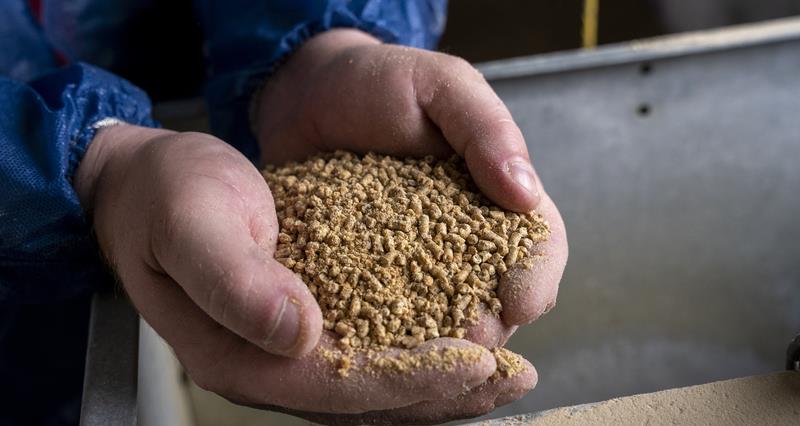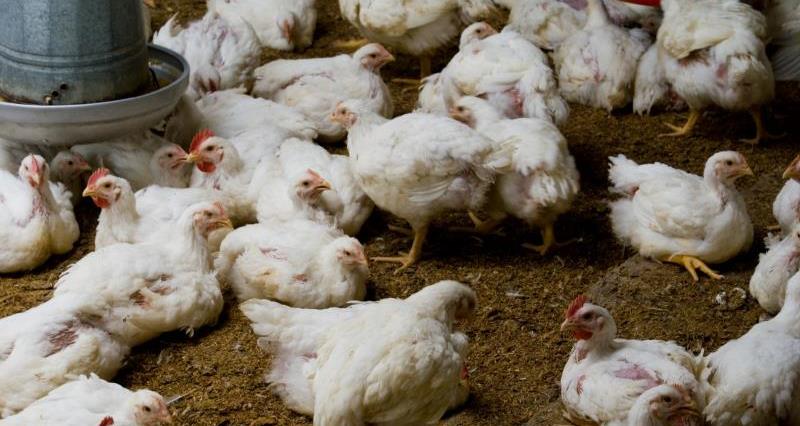With increasing focus on the environmental impact of food production, reducing the use of south American soya in animal feed has been highlighted as a key area of opportunity to lower greenhouse gas emissions related to poultry production.
Processed animal protein has often been promoted as a potential alternative protein source to reduce the use of soya, something that has now become a reality in the European Union.
Debating the pros and cons
The session started with a talk from Carine van Vuure, nutrition and regulatory affairs manager for Darling Ingredients International (a rendering business supplying PAP for pig and poultry feed in the EU).
Following the reauthorisation of PAP in autumn 2021, Darling Ingredients delivered their first load of PAP to a feed mill in the Netherlands just six months later, in March 2022.
Carine gave an overview of the legislative framework in the EU, highlighting that while non-ruminant PAP and insect meal had been re-authorised for pig and poultry feed, porcine protein can only be fed to poultry and vice versa.
There are also stringent traceability requirements to prevent cross contamination, including single species segregated feed lines in mills and a requirement that PAP is only fed on farms where there are no other livestock species present. This could make it difficult for non-integrated supply chains to access the benefits of PAP.
Farm to Fork strategy
One of the key drivers behind the EU re-authorising use of PAP in poultry and pig diets was the EU’s ‘Farm to Fork’ strategy, in particular its aim to make better use of animal by-products to contribute to reducing the EU’s protein deficit.
There was also political appetite to lift regulatory limitations that were no longer justified.
Public reaction
Public perceptions are mixed, according to a study carried out by Wageningen University, which surveyed 5,000 consumers from the Netherlands, Germany, Spain, Poland and the UK.
While participants from all countries had a low knowledge of feed ingredients, in general they said ingredients should be “natural”, “healthy” and “plant based”. Overall, 44% of respondents were neutral towards feeding animal proteins.
While this could be an opportunity for the industry to demonstrate the benefits of PAP to those “neutral” consumers, Carine warned that this group could also be influenced by activistic NGOs.
Her advice was to involve supportive NGOs in the discussion from the beginning to help deliver consistent and accurate messaging to consumers.
Potential to reduce emissions
Following Carine’s presentation, Ralph Bishop, poultry nutritionist at Premier Nutrition, presented theoretical feed formulations to demonstrate how PAP could feature in typical UK broiler and layer diets.
Using conservative figures, Ralph’s calculations indicated that PAP at a 5% inclusion rate could reduce soya by 20% in a typical broiler grower diet, or by 40% in a typical mid lay ration.
With a significantly smaller greenhouse gas footprint compared to soya, processed animal protein could enable a sizeable reduction in the emissions associated with poultry feed.
While there are still significant barriers to using PAP in UK poultry rations, the reauthorisation in the EU shows that communicating the benefits to all stakeholders, including consumers, will be crucial if the UK is to follow suit.

